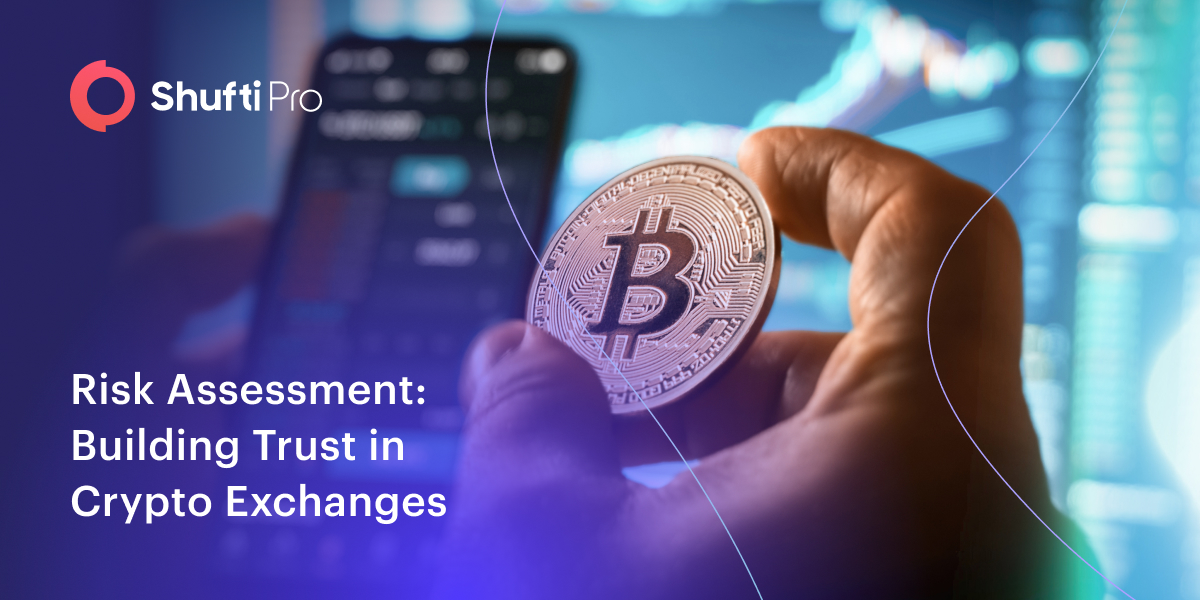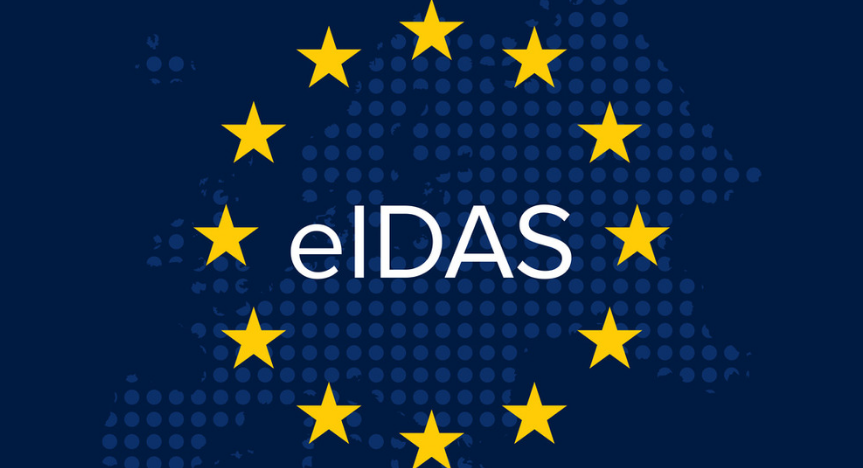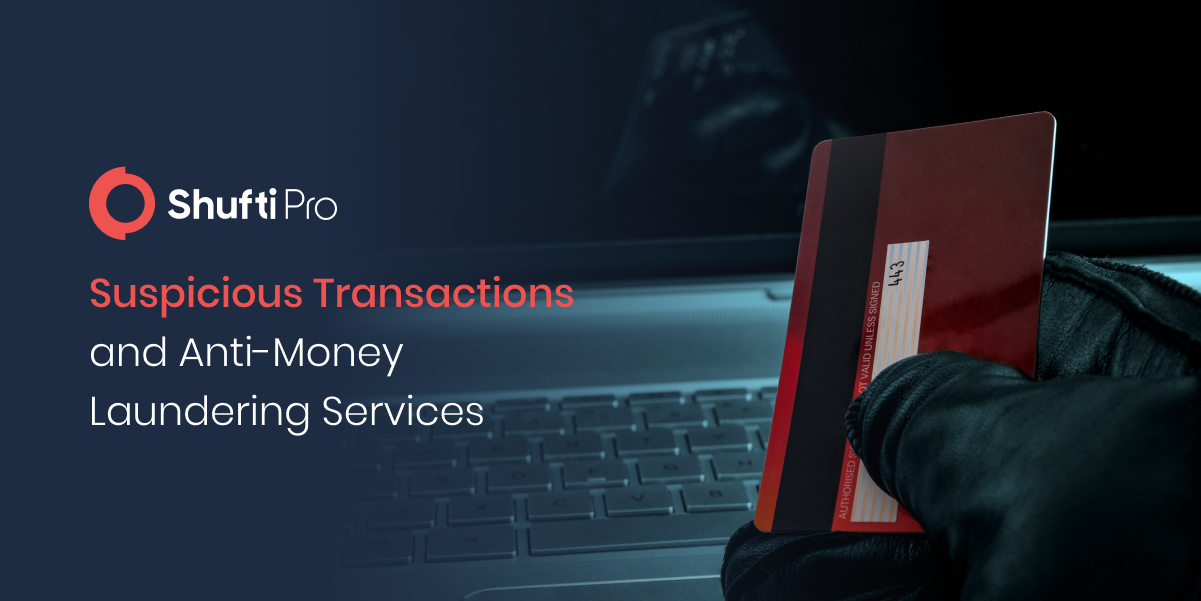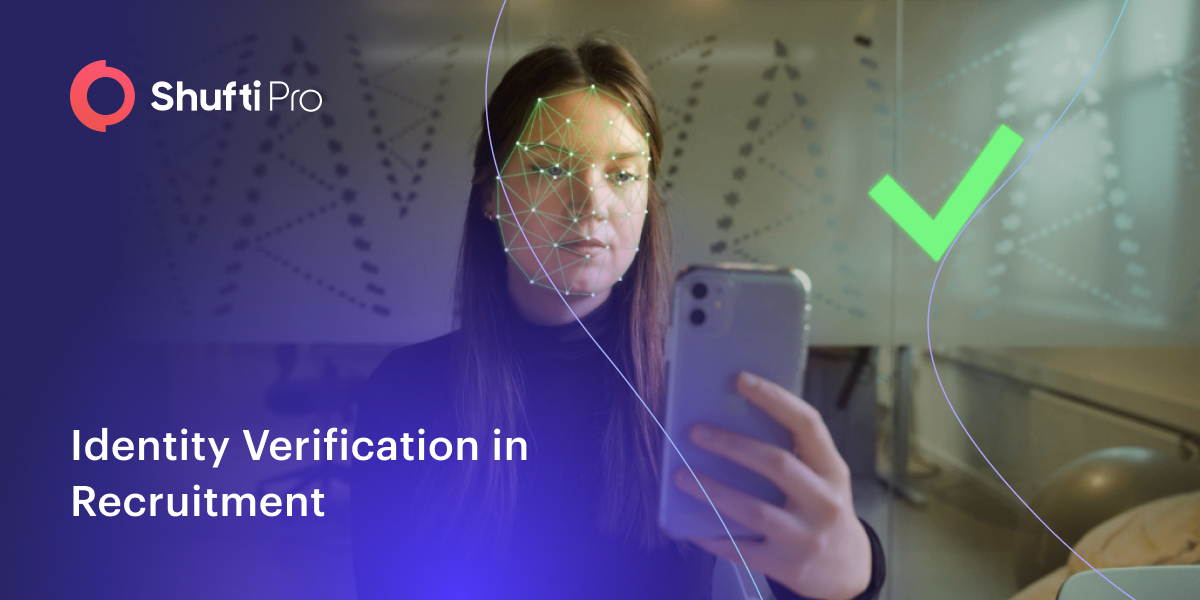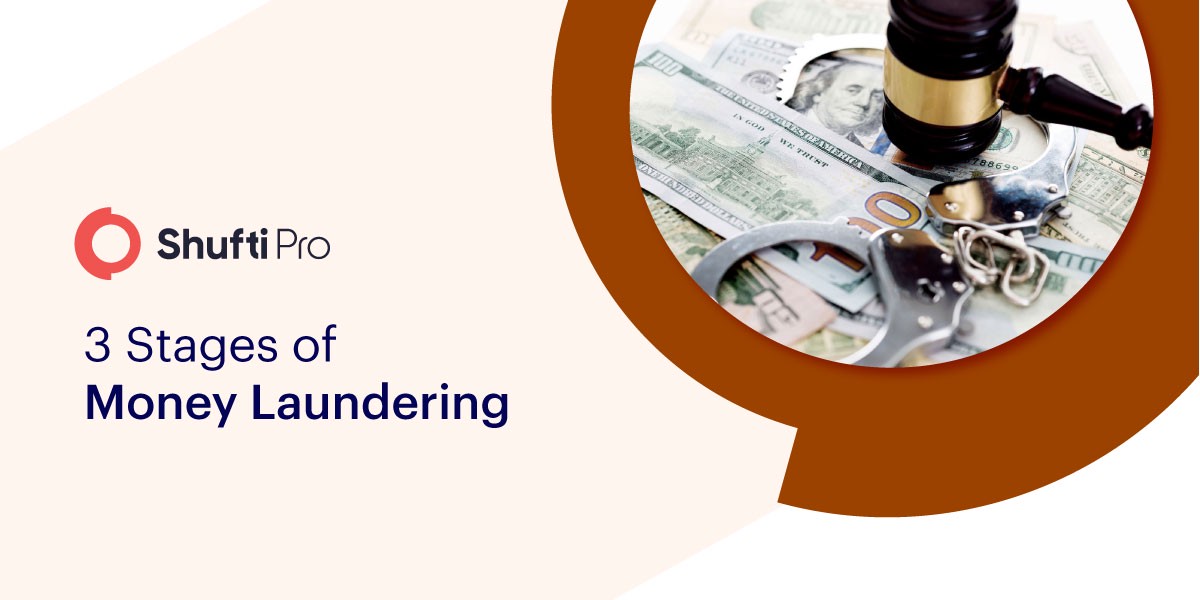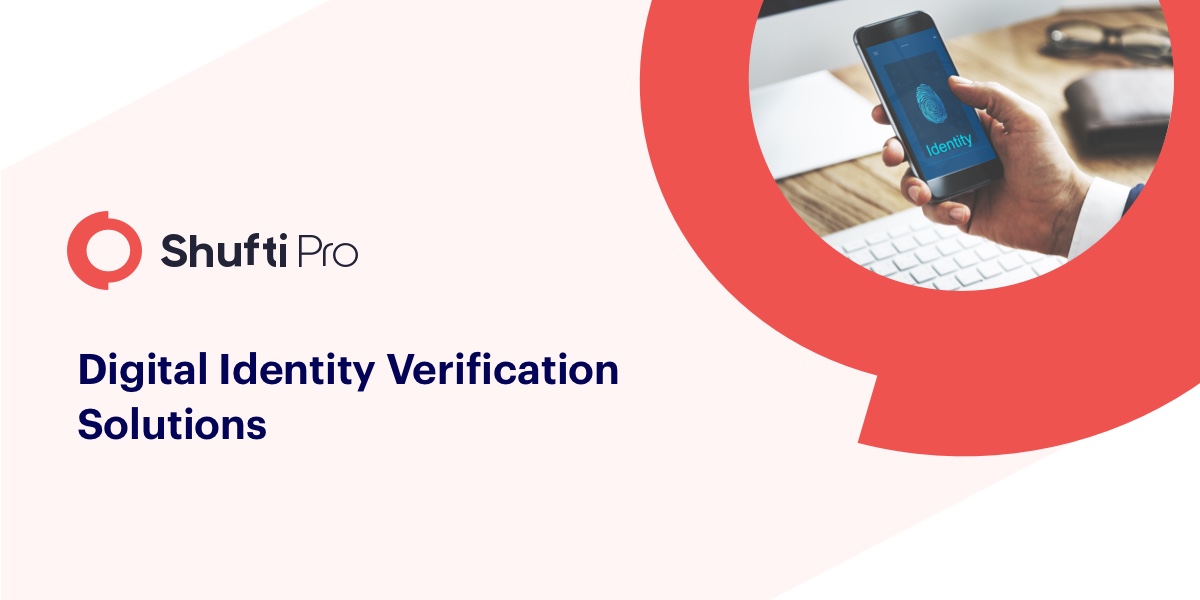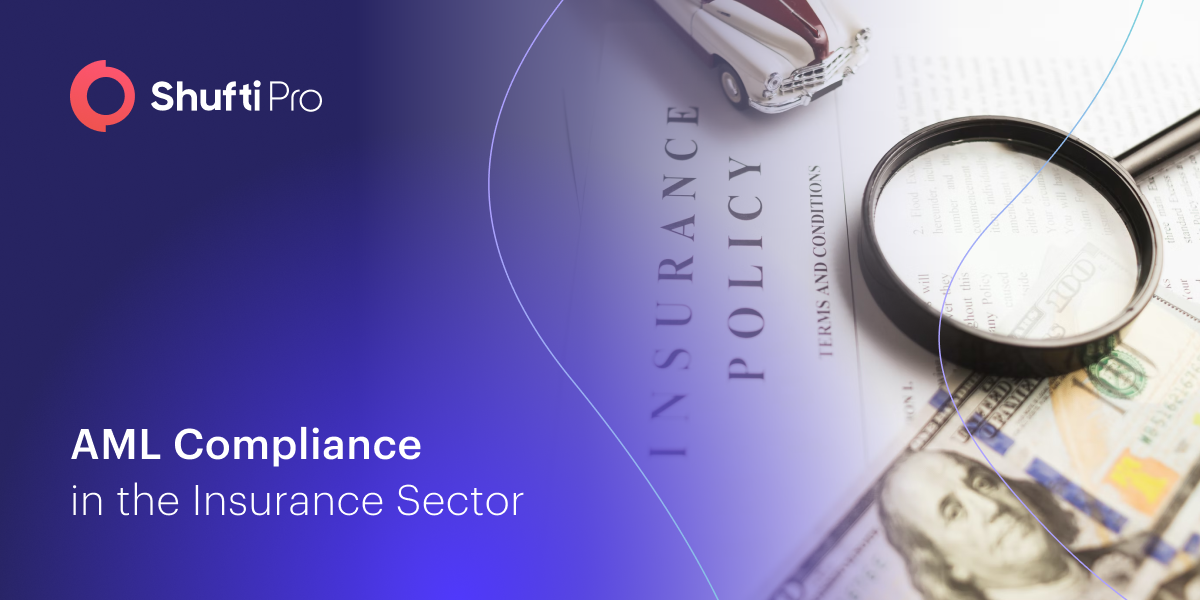Know Your Donor (KYD) – Customer Due Diligence For Charities and NPOs
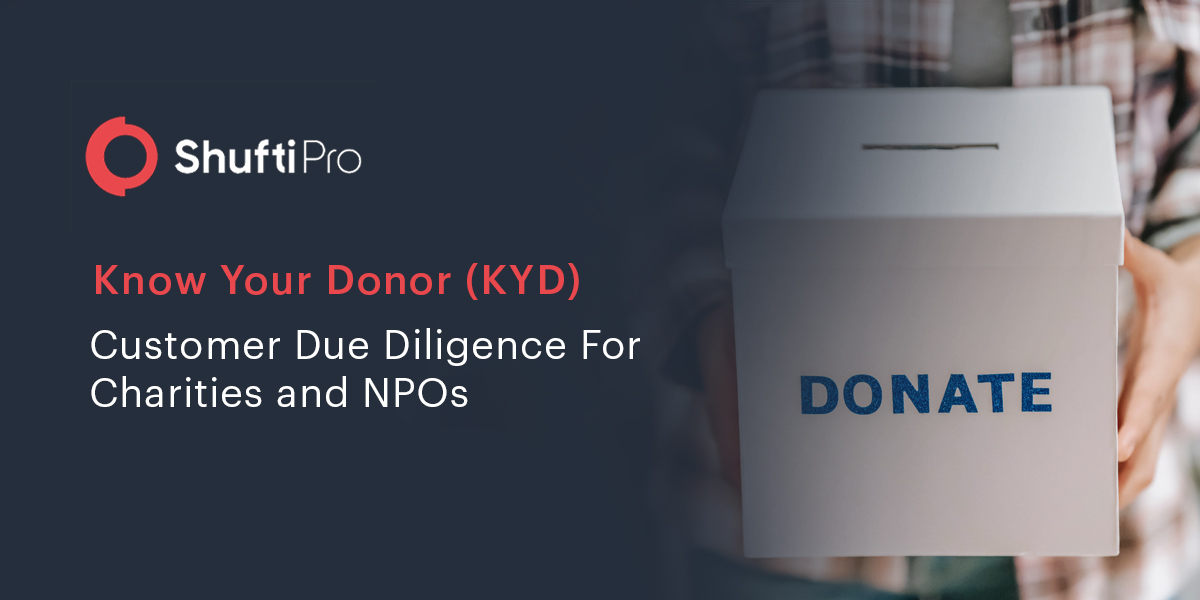
According to DoubleTheDonation, 45% of worldwide donors are enrolled in monthly donation programs, and approximately USD 20 billion was donated by corporations internationally in 2020. Non-Profit Organizations (NPOs) are an integral part of the globe, which play a significant role in providing the needy with valuable services and products. This wide geographic operational endurance of NPOs makes them unique in the contemporary world.
While the vast majority of NPOs are tirelessly working to make the world a better place to live, a significant number of people are engaged in terrorist financing and money laundering activities through charity. These individuals donate their illegal earnings to charity, corrupting the NPO. Therefore, preventing ML/TF activities through the sanctity of charities is necessary by implementing regulations of Know Your Donor verification.
The FATF and its Recommendation for NPOs
The FATF recommendation 8 for non-profit organizations states that
“Countries should review the adequacy of laws and regulations that relate to non-profit organizations which the country has identified as being vulnerable to terrorist financing abuse. Countries should apply focused and proportionate measures, in line with the risk-based approach, to such non-profit organizations to protect them from terrorist financing abuse including,
- By terrorist organizations posing as legitimate entities
- By exploiting legitimate entities as conduits for terrorist financing, including for the purpose of escaping asset-freezing measures
- By concealing or obscuring the clandestine diversions of funds intended for legitimate purposes to terrorist organizations.”
The FATF recommends countries encourage NPOs to:
- Adopt the best financial accounting, know your donor verification, developments, and documentation practices
- Transfer funds using formal financial systems
- Perform auditing and due diligence for partners, field and overseas operations
Know Your Donor: KYC for Charities
Know Your Donor (KYD) is the donor due diligence protocol to practically confirm the identity and the credentials of the individual or the corporate entity wanting to donate. It is critically important to know your donor before accepting donations.
Charity organizations are widely spread across the world and operate in multiple jurisdictions. These businesses have to clarify their decisions to stakeholders; therefore, performing know your donor verification must be a priority. In addition, charity organizations and NPOs have to deal with international donors that can be on sanction lists or face a humanitarian crisis or political dilemma. Therefore, they have the difficult task of managing the risk associated with their donors.
On the other hand, NPOs also need to keep a check-in balance of where their donations come from, whether presented in the form of gift cards or cash. However, AML regulations put charities in compromising situations of constantly evaluating new donors and performing ongoing donor verification on suspicious donors. These know your donor verifications are essential to overcome money laundering, terrorist financing, or drug trafficking sanctions.
Suggested Read: Establishing a KYC/AML Compliance Regime for the FinTech Sector
Why is it important to Know Your Donor?
- To know the associated risks when accepting the donation
- To be confident about the donation that it doesn’t come from illegal money laundering activities
- To understand the conditions attached to the donation
Evidently, charities working in areas where bribery, corruption, and organized crimes are common face huge challenges in screening corporations and individuals they partner with. But not all charities face the same risk because they have different philosophies, finances, aims, and beneficiaries. Hence, having a risk-based approach is the best strategy to overcome prevailing risks and avoid hefty fines.
According to the Charity Commission For England and Wales, there were 1569 cases of charity incidents in 2014 out of which 1024 were compliance cases, 442 were monitoring cases and 103 were statutory inquires.
What are the Warning Signs that may Lead to Suspicious Activities?
The key to identifying suspicious donations is to look for irregular donations with regard to origin, timing, amount, frequency, and whether there are any strings attached. In-depth warning signs may include the following:
- Unusual conditions:
Real examples of such donations include
- The donor wants the charity to transfer a specific amount of donation to another individual/charity
- Donor asking for a refund on the basis of emotional or financial need
- Donation is received in foreign currency, but a refund is required in another currency
- Donation from an anonymous source:
Sources that cannot be identified have chances of being laundered money. In addition, donations that are from jurisdictions lacking regulatory and legal frameworks may also require close monitoring.
- If the donor is on a global watchlist
- Complex transfer arrangements
- An unusually large/small donation
Why is Shufti the All-In-One Solution for Charities?
Shufti provides an all-in-one solution for charity organizations that are looking to perform Know Your Donor (KYD) verifications. Hybrid AI and HI framework increase the accuracy rate of the globally available donor verification system and donor AML screening services. Results are displayed in less than a second verifying every individual wanting to donate funds.
Shufti’s AML screening and donor verification results can clear the following questions for charities.
About the Donor or Corporate Entities
- Background screening;
- Who are the donors, and where are they situated?
- Are the donors in a sanctioned country?
- Is there any suspicious activity on the donor’s account?
- Do we need to perform Enhanced Due Diligence (EDD) on the donors?
- Are the donors politically exposed, or have they appeared in adverse media listing?
- Donation;
- Are they regular donors?
- Is there any condition attached to their donations?
- Where does the donation originate from?
- Are they paying from the same country they are situated in?
- Is the bank transfer from a shell company?
- Is there anything suspicious about the donation?
Key Takeaways
Fraudsters are keen on using legitimate organizations such as charities to facilitate their illegal earnings into the legal system. Therefore, every charity requires appropriate services to safeguard its organizations from financial crimes. The solution for charities is to incorporate automated, AI-backed donor verification solutions rather than manually verifying thousands of donors. These solutions can bust credit card frauds and monitor suspicious activities. Know Your Donor (KYD) checks also help charities understand where the money is coming from.
If you are looking to automate your charity organization, get in touch with our experts.




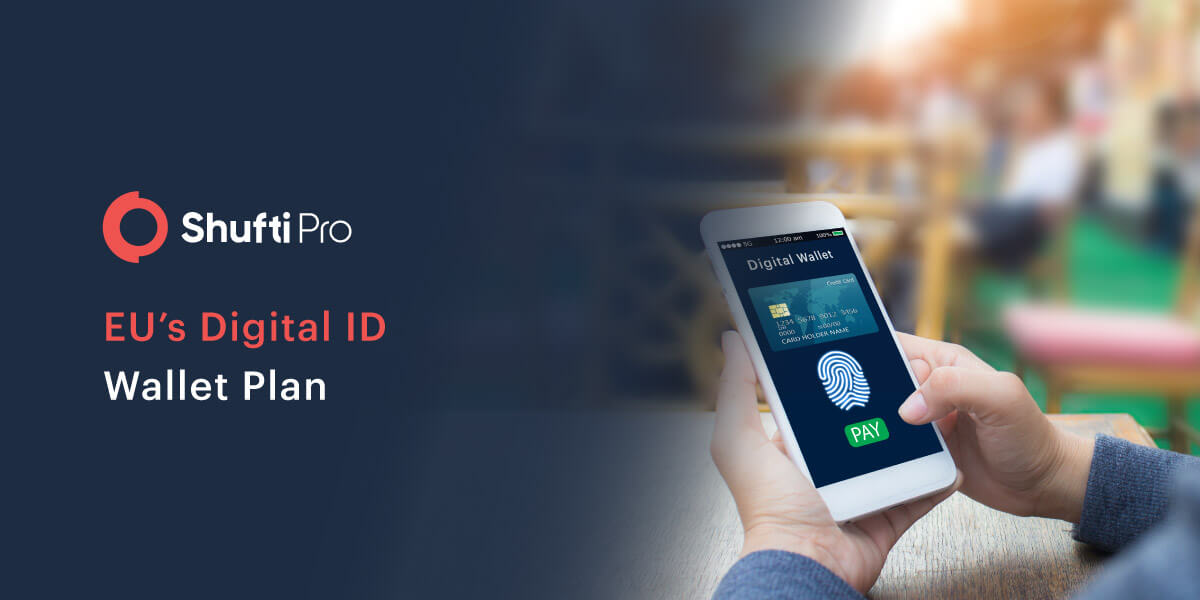
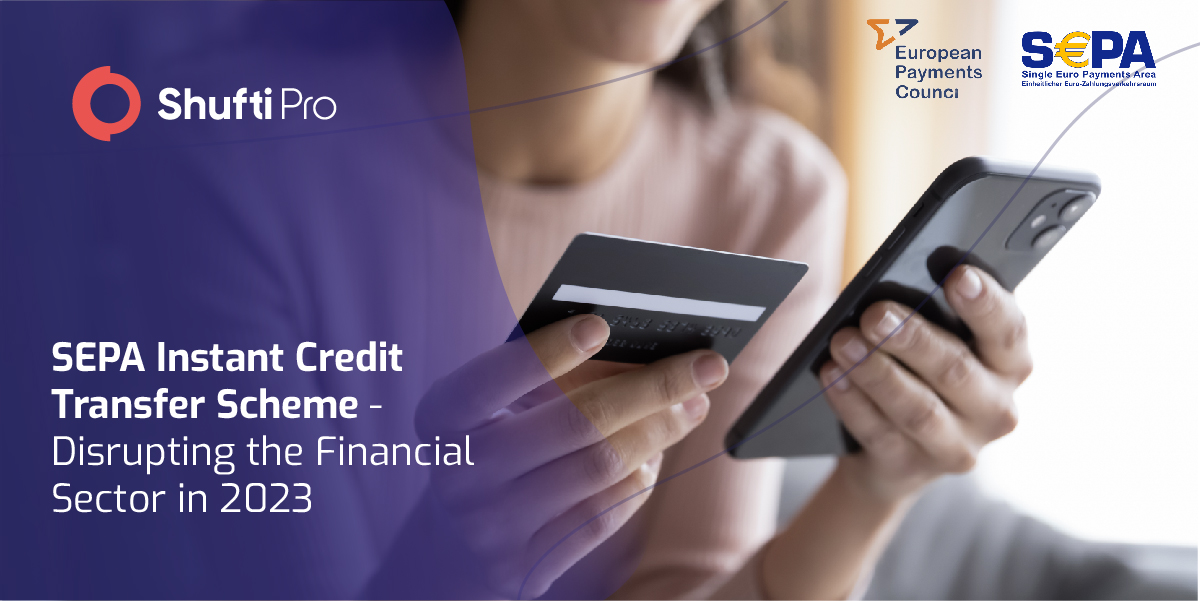




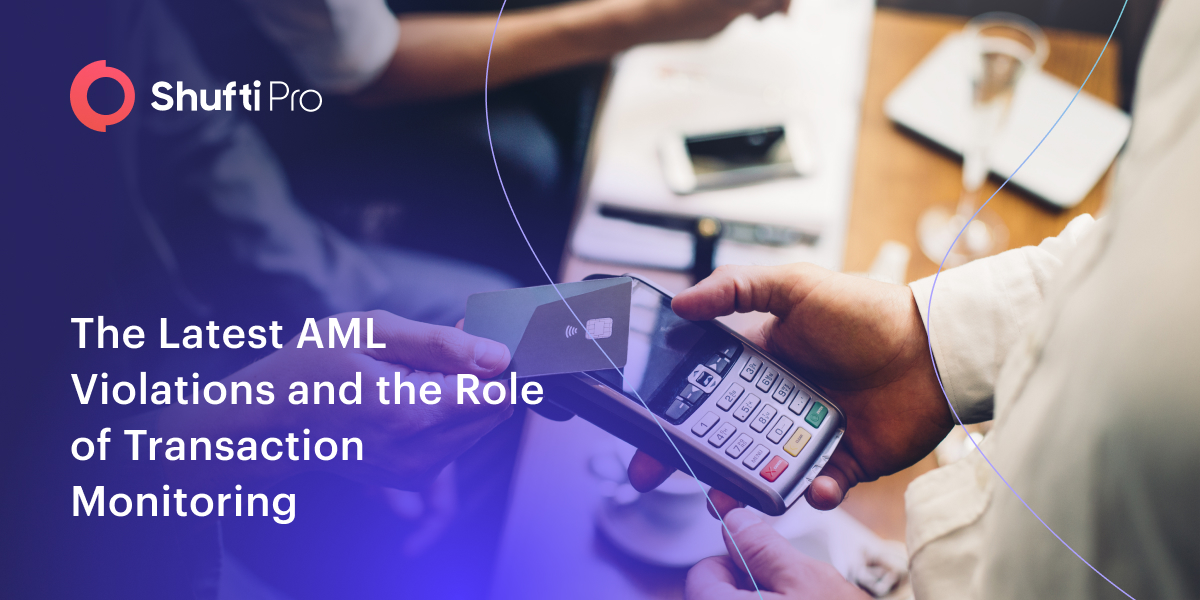

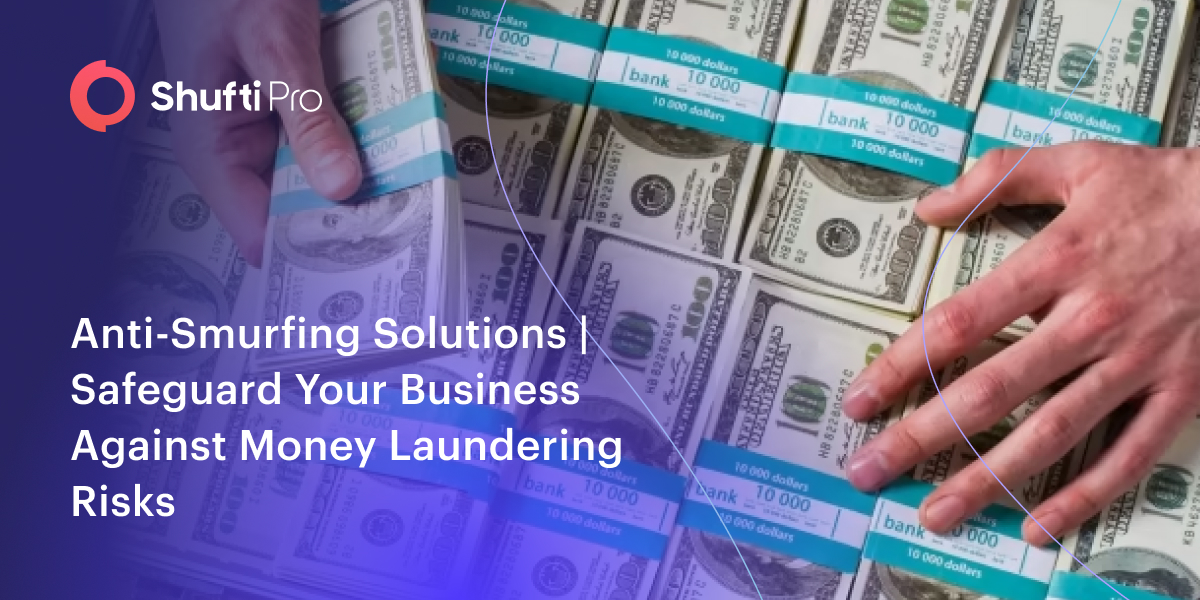


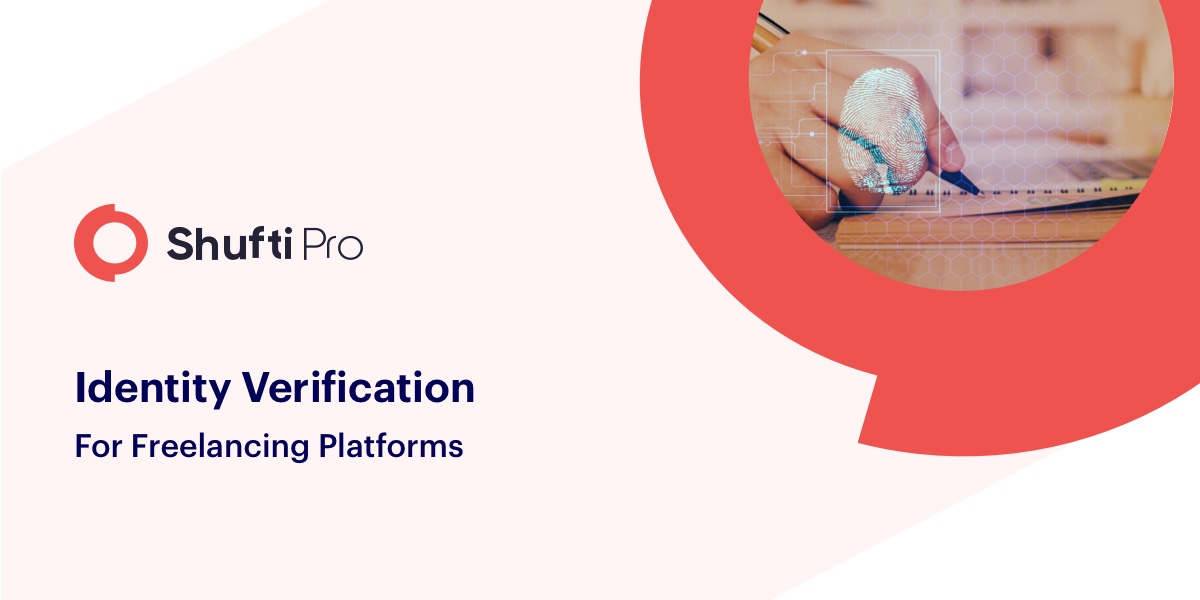
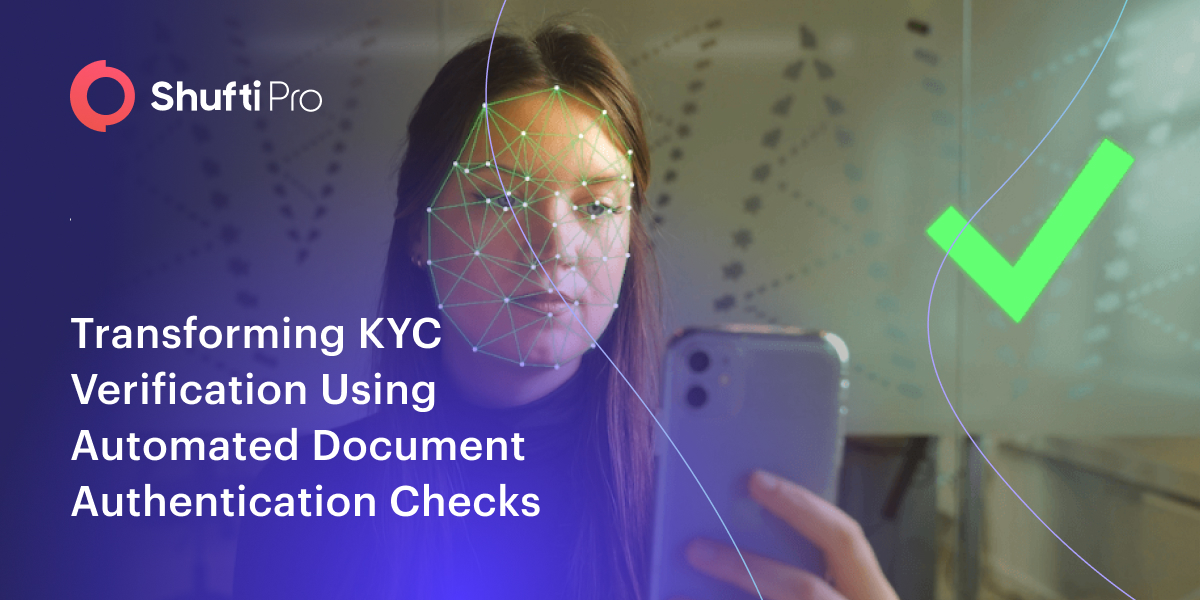



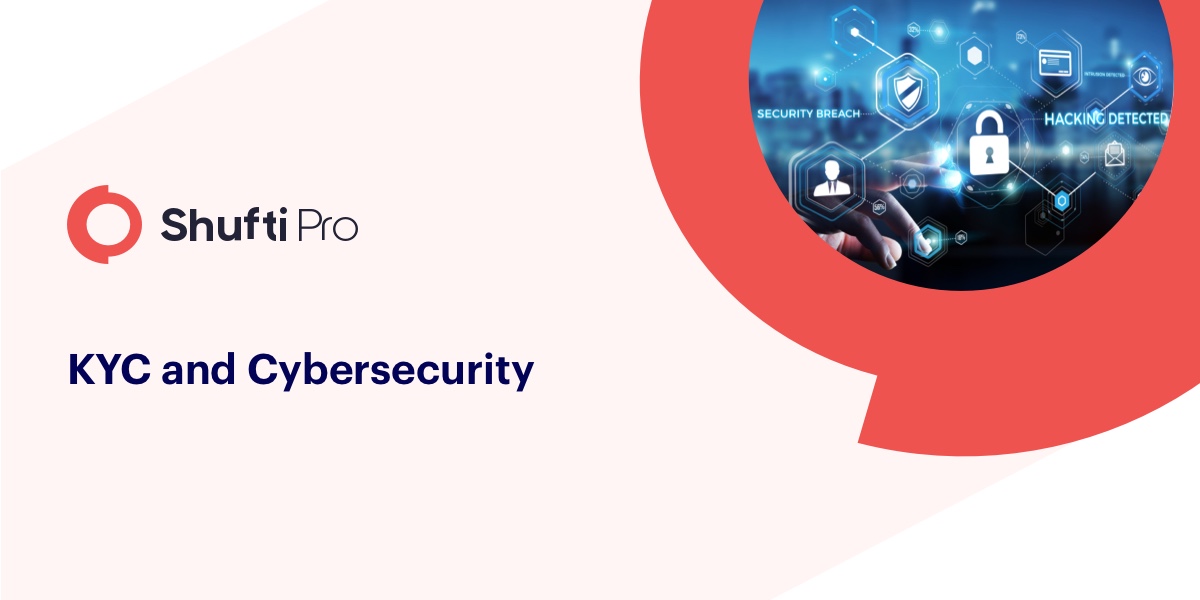
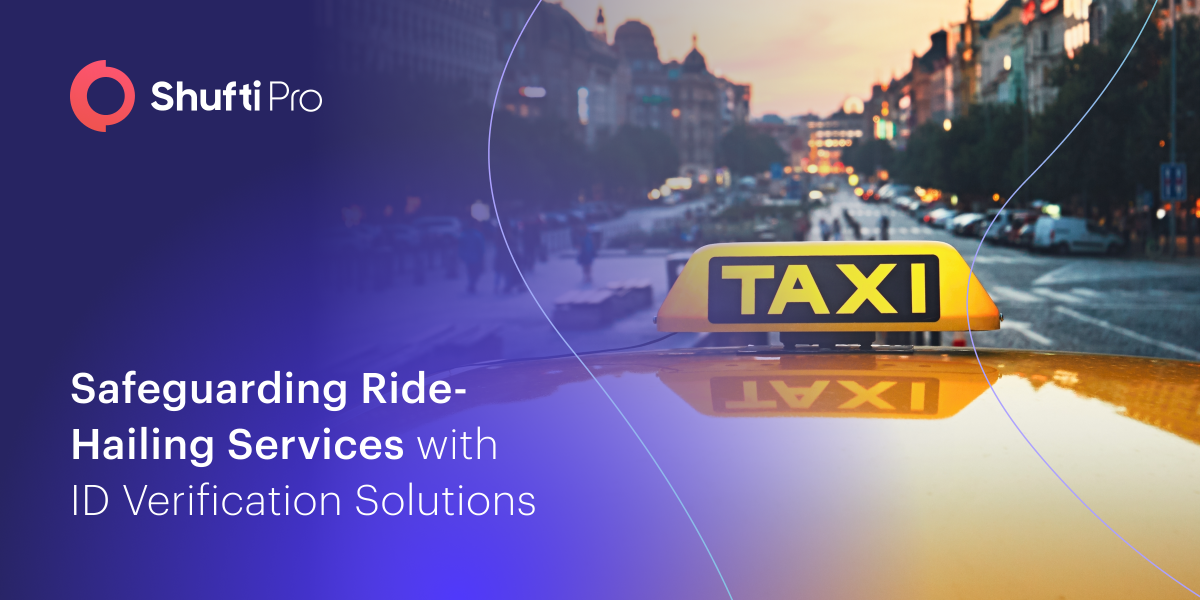
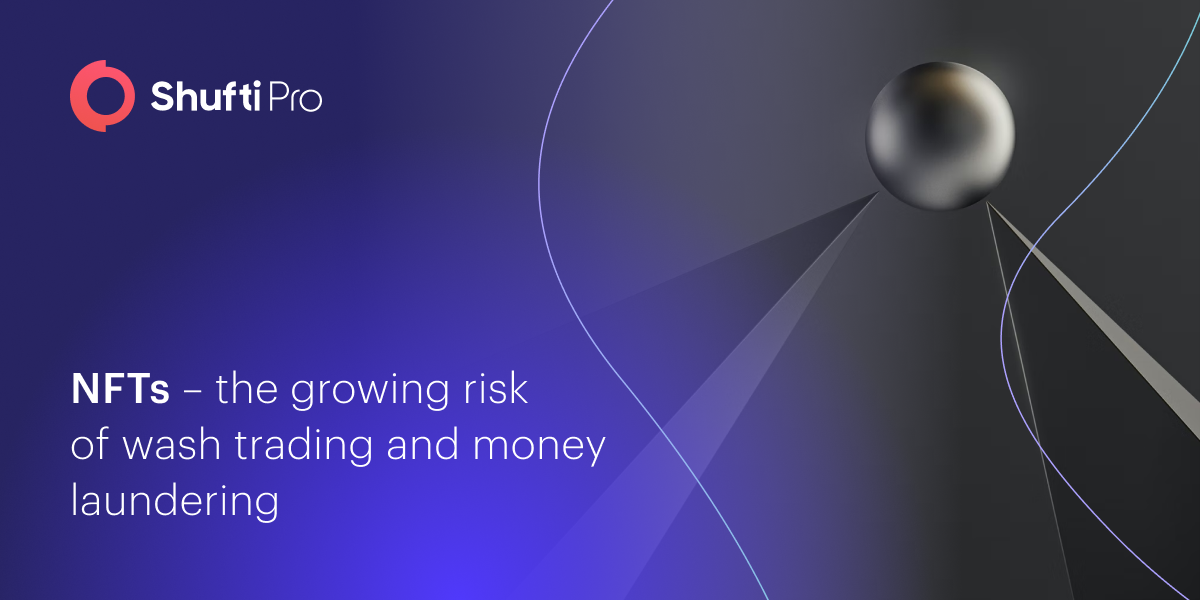

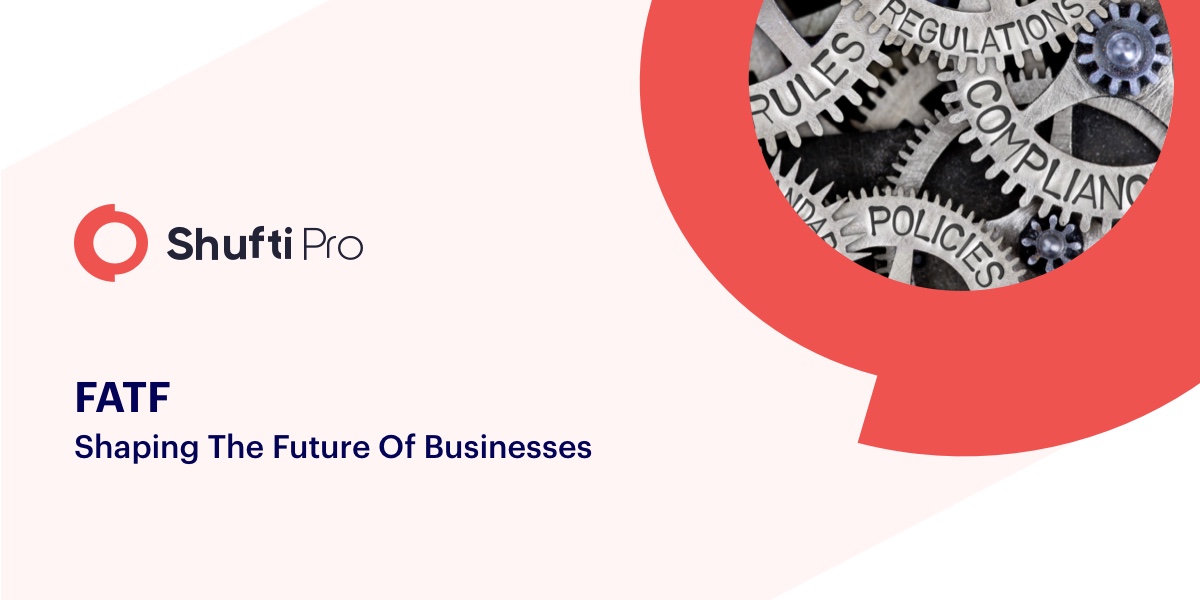
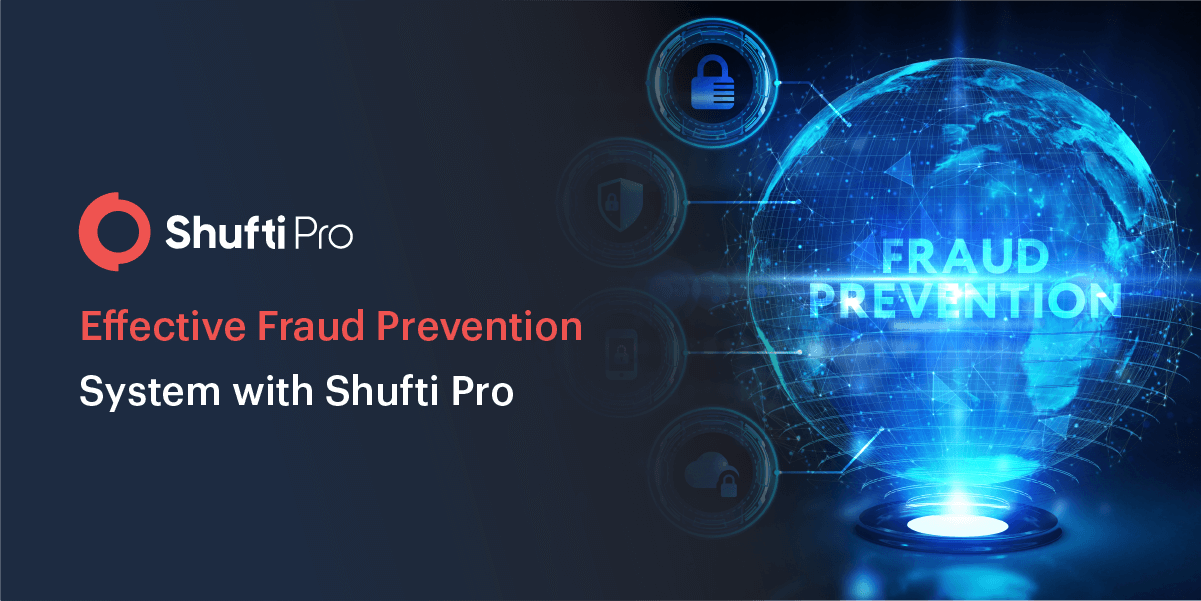
![Harnessing the power of AML Screenings to Uncover Politically Exposed Persons [PEPs] Harnessing the power of AML Screenings to Uncover Politically Exposed Persons [PEPs]](https://shuftipro.com/wp-content/uploads/n-img-harresing.webp)
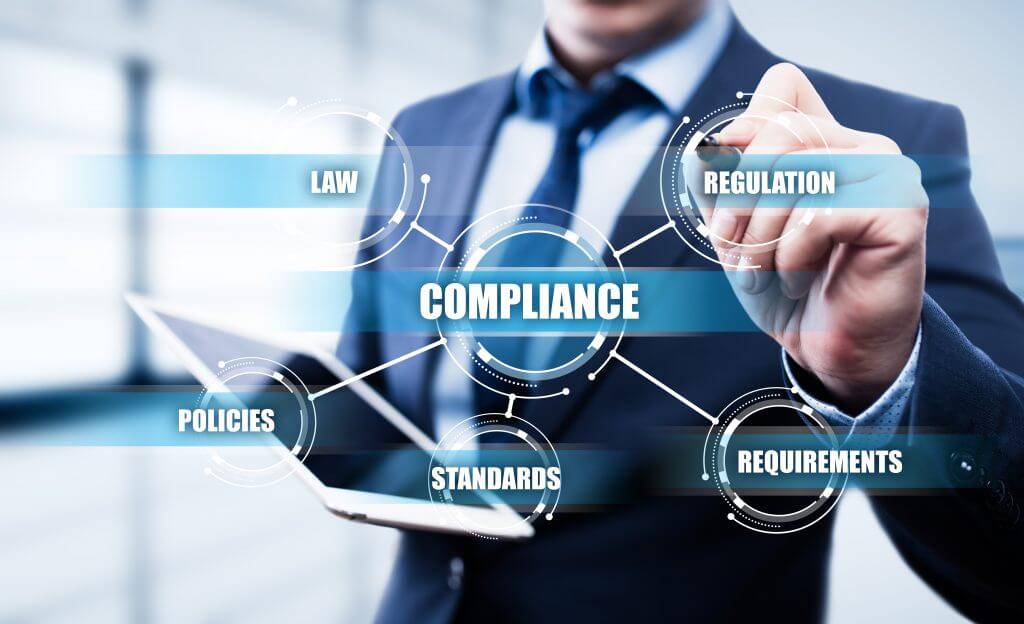
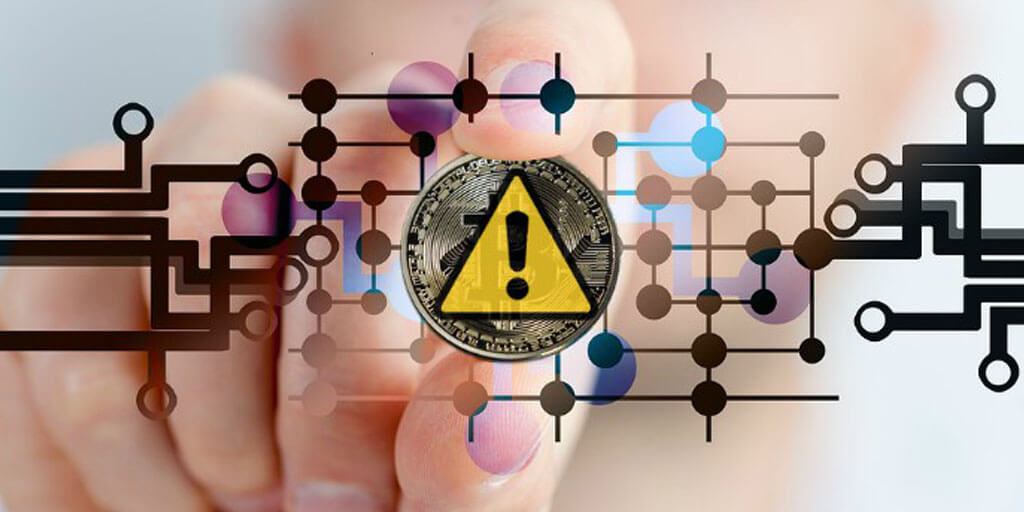

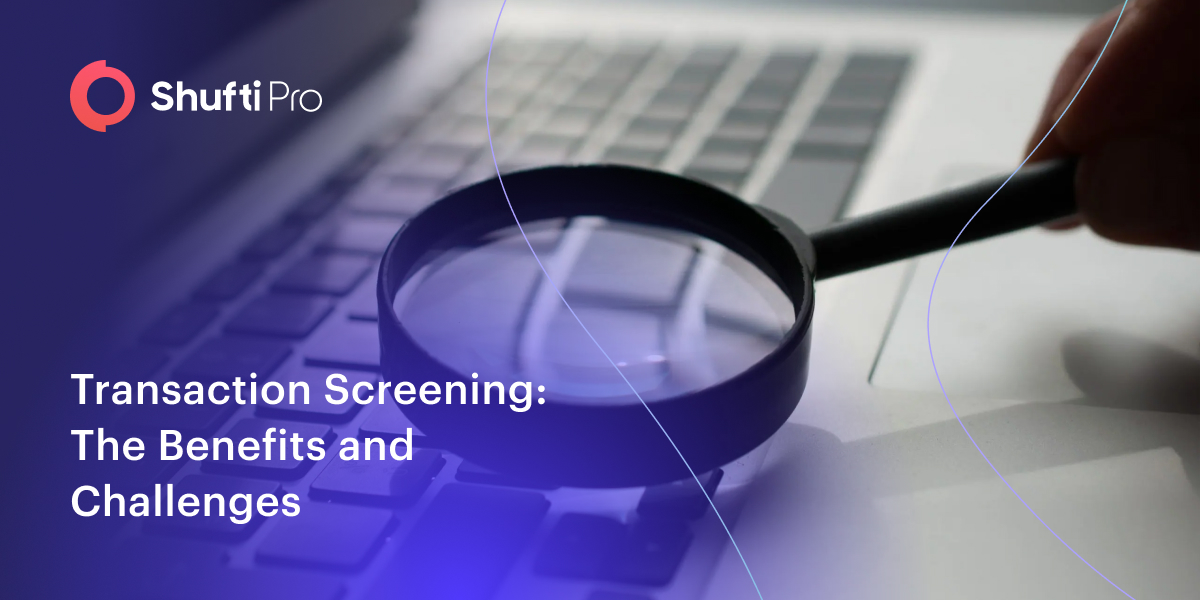
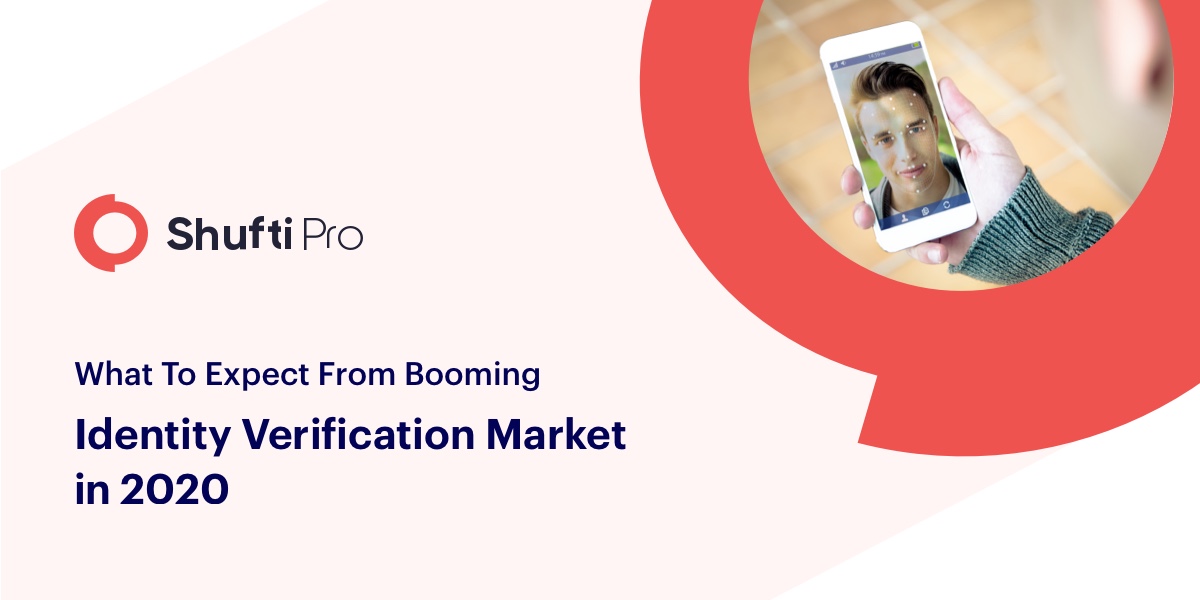

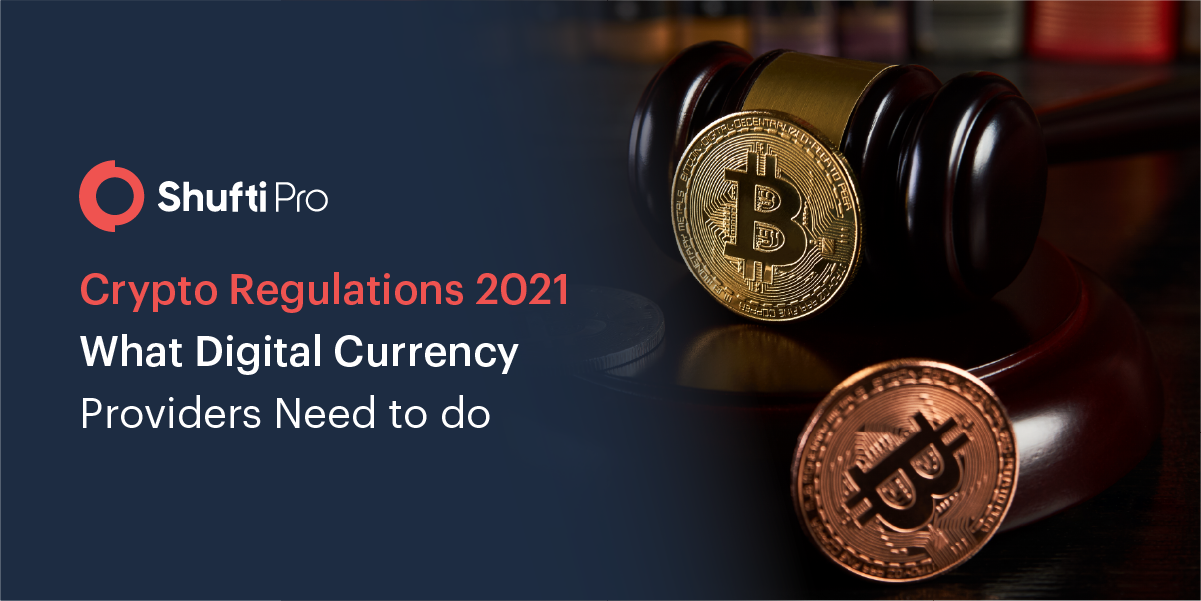

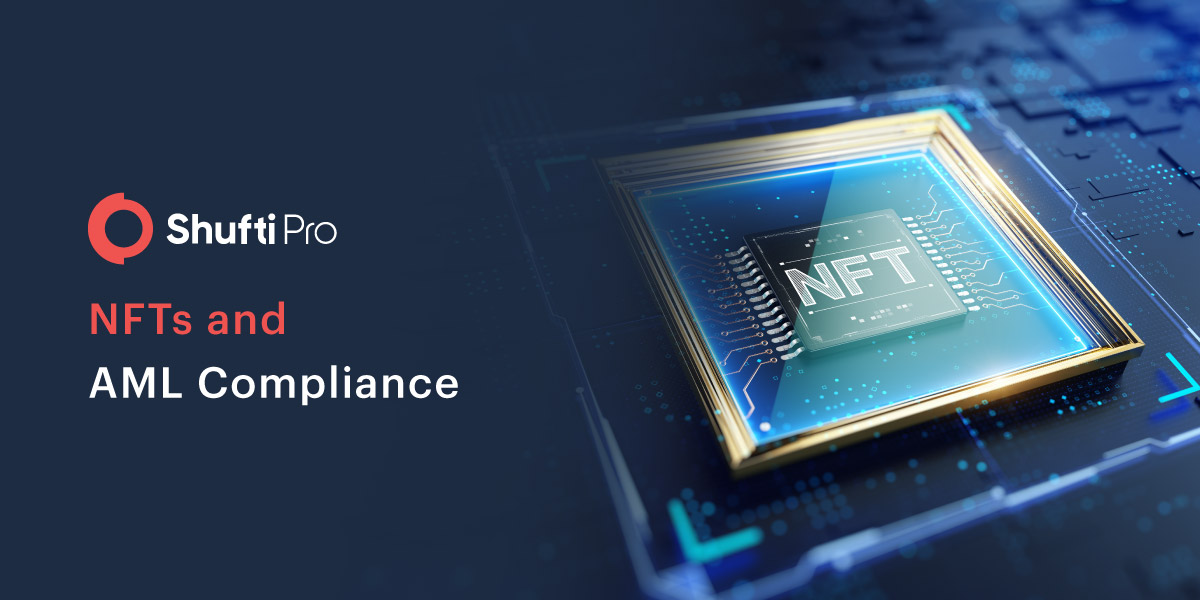






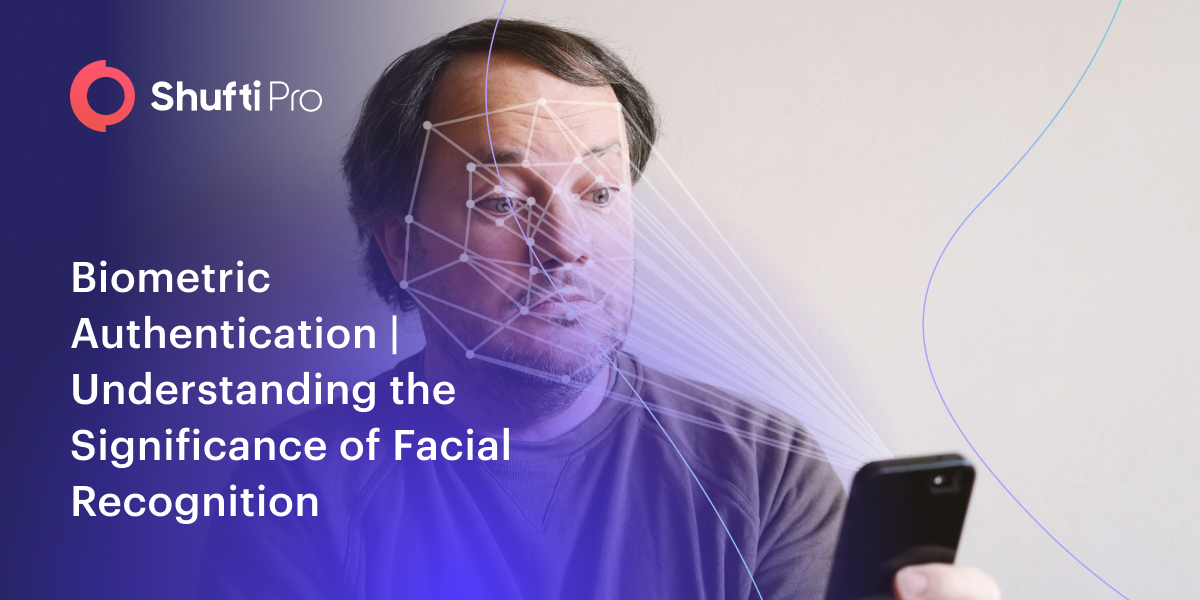
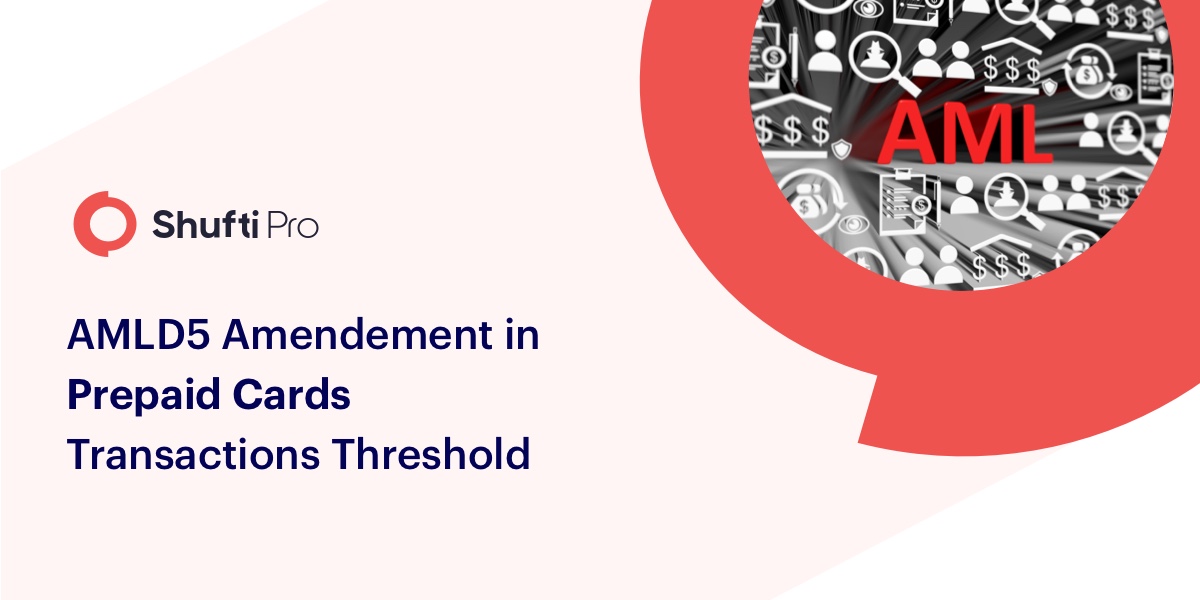
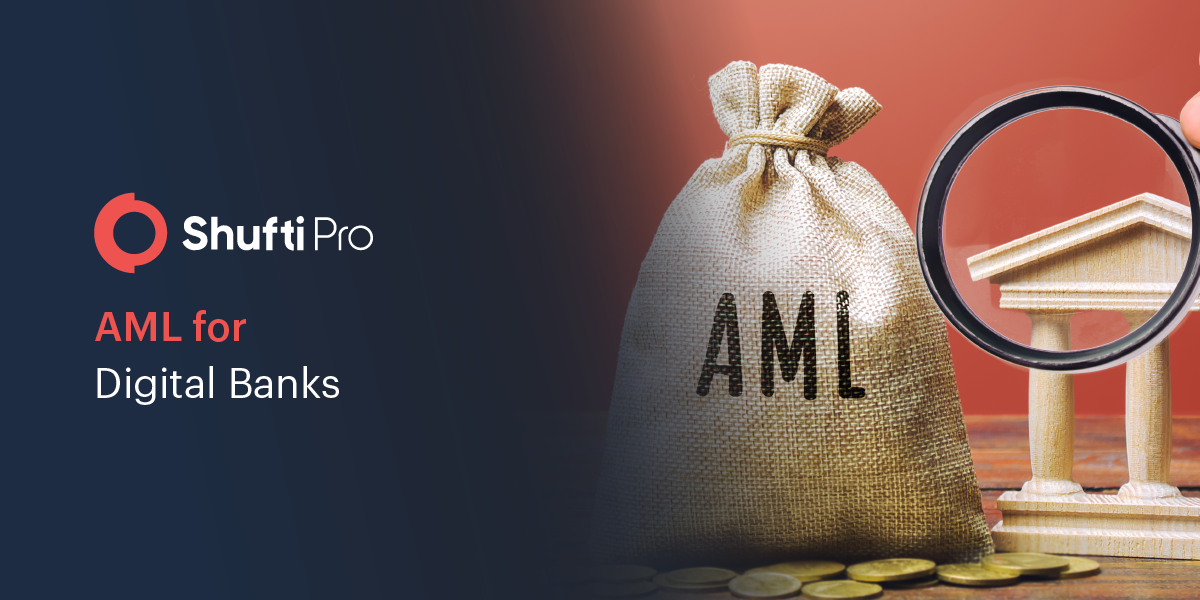

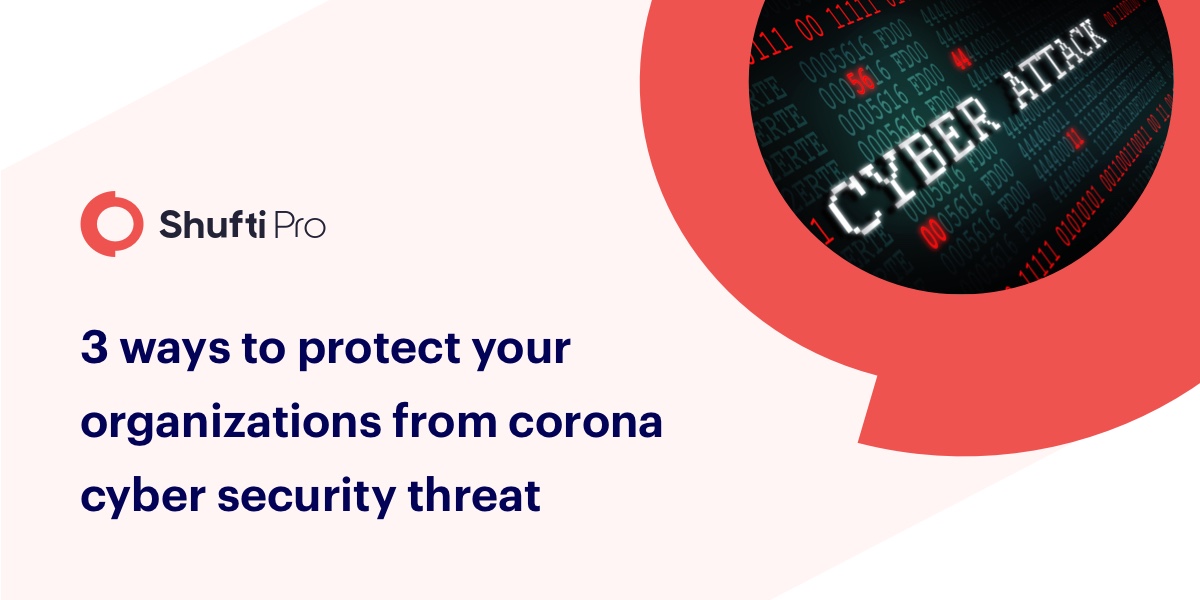
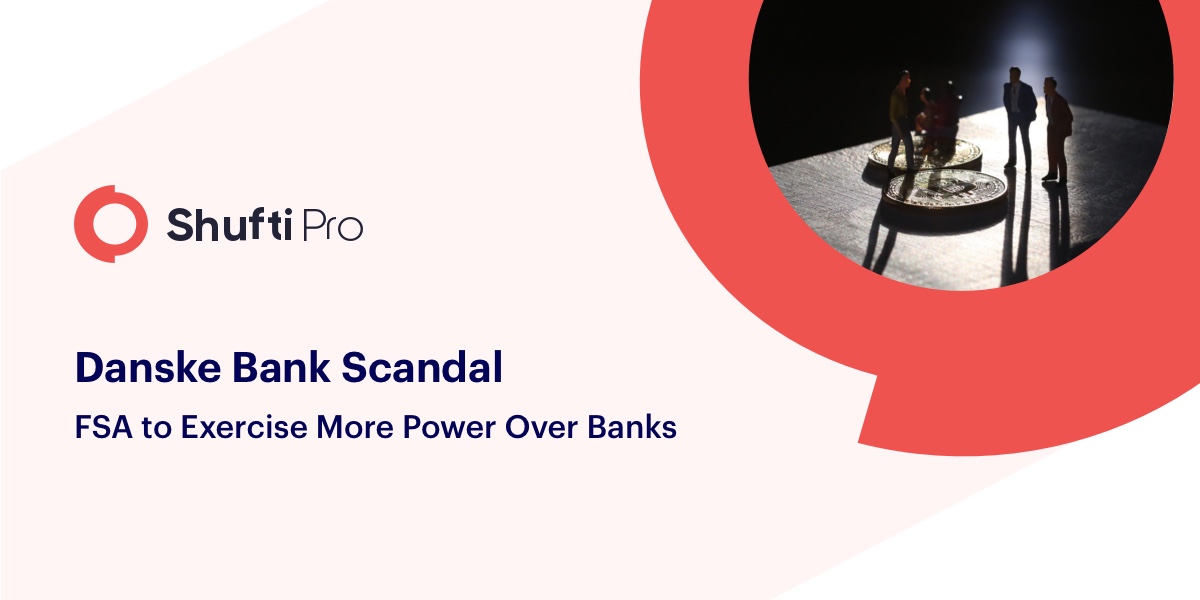
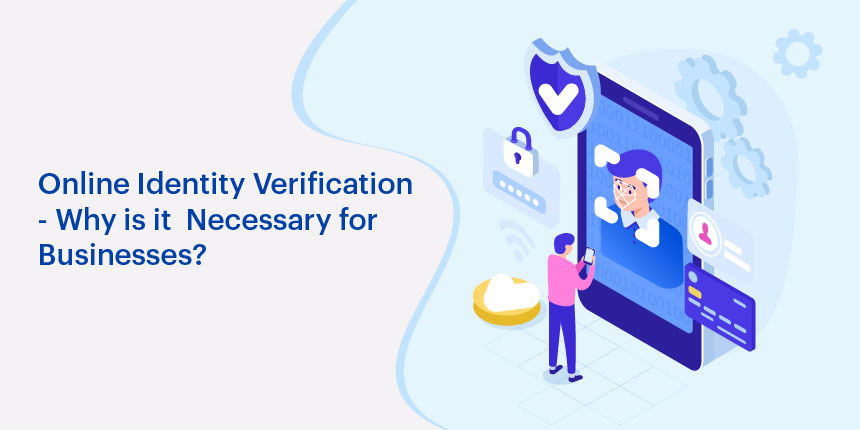
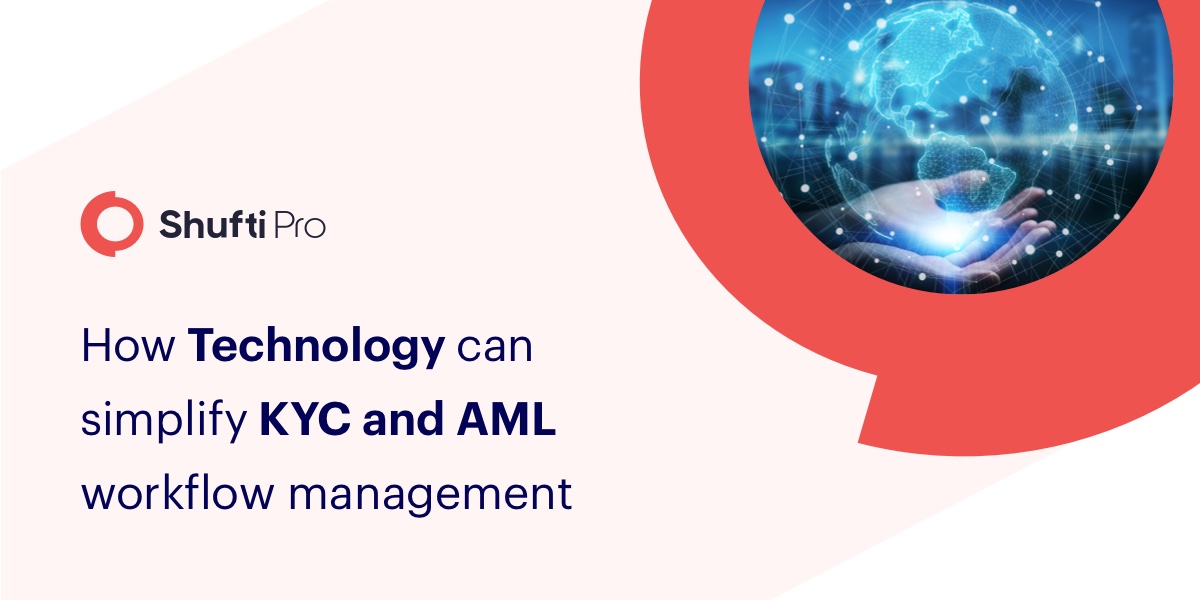
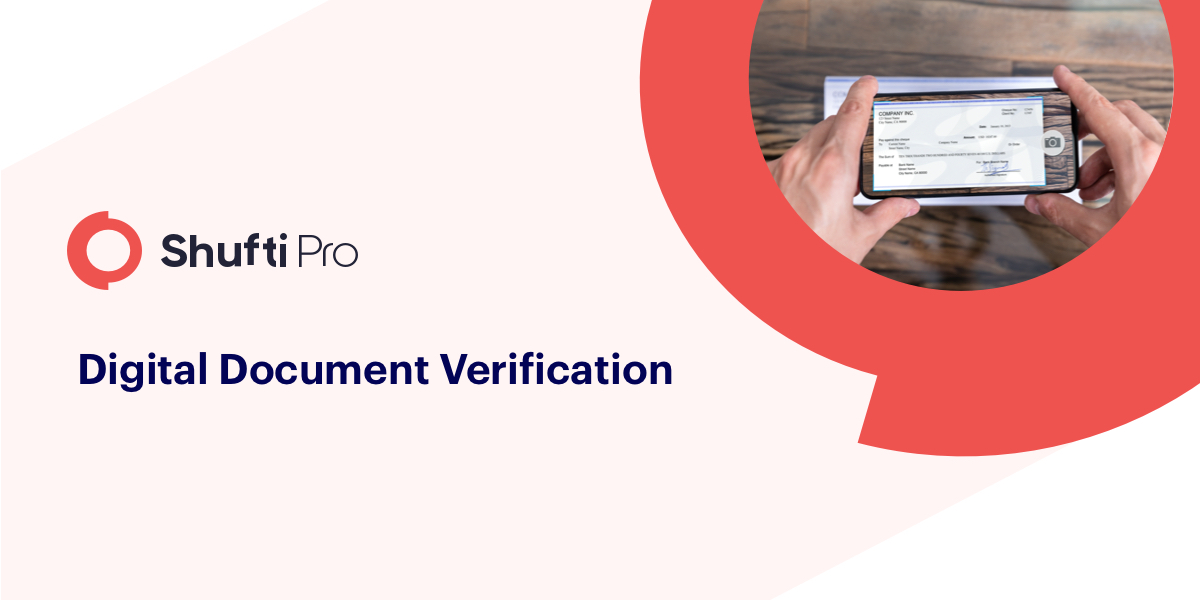


![Singapore’s Digital Payment Token and AML Regulations [2022 Updates] Singapore’s Digital Payment Token and AML Regulations [2022 Updates]](https://shuftipro.com/wp-content/uploads/blog-singa.jpeg)
